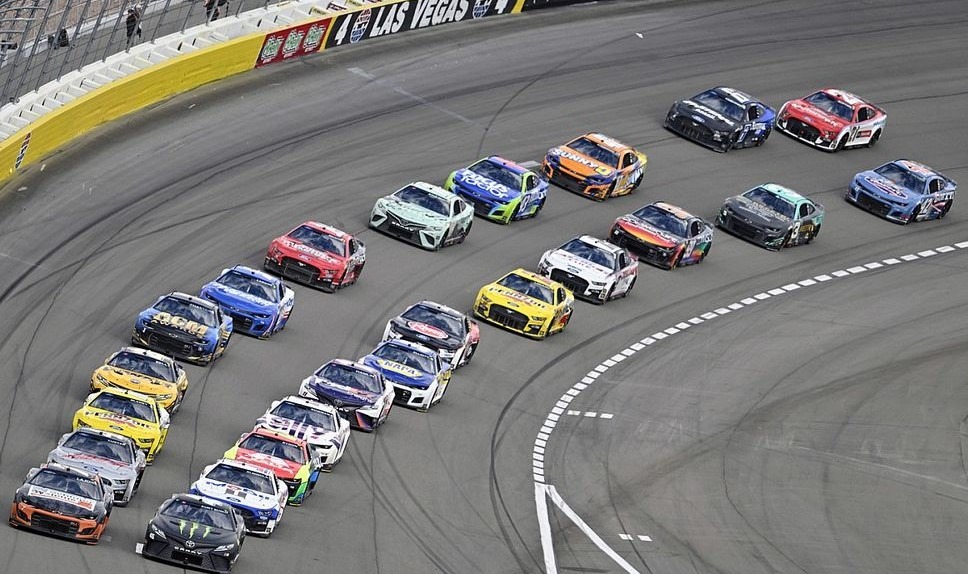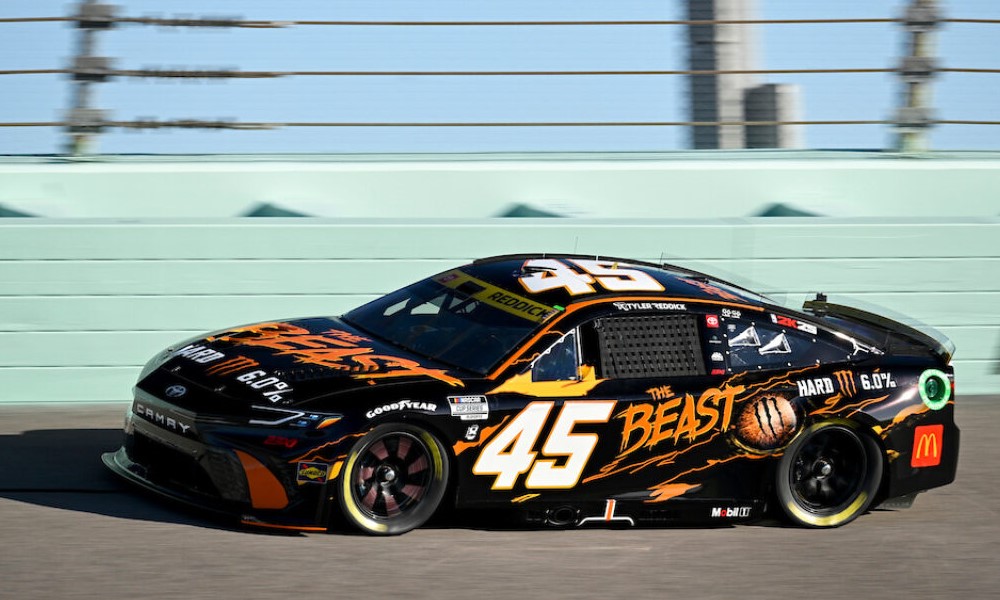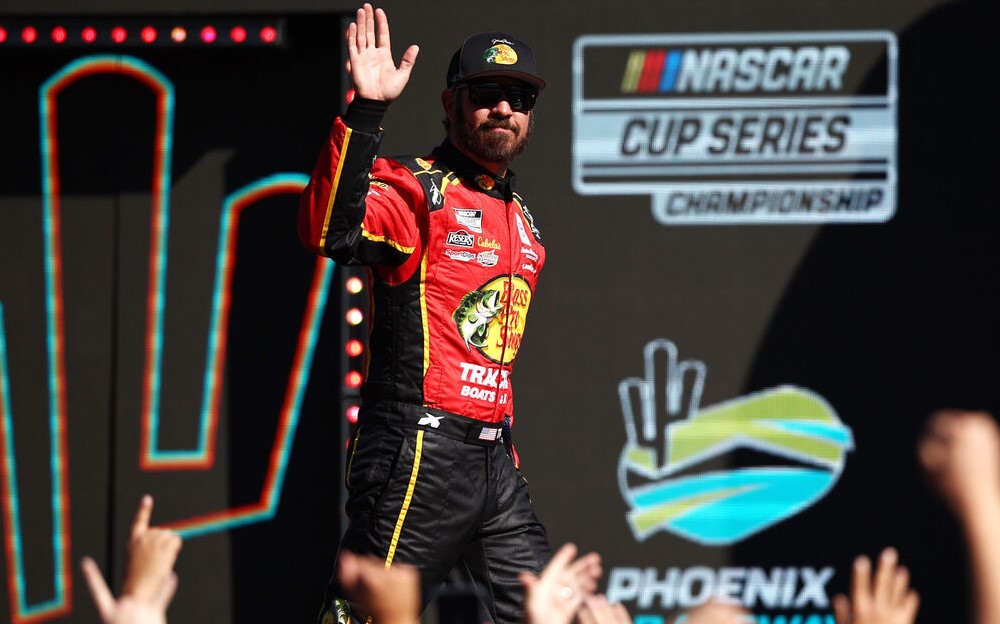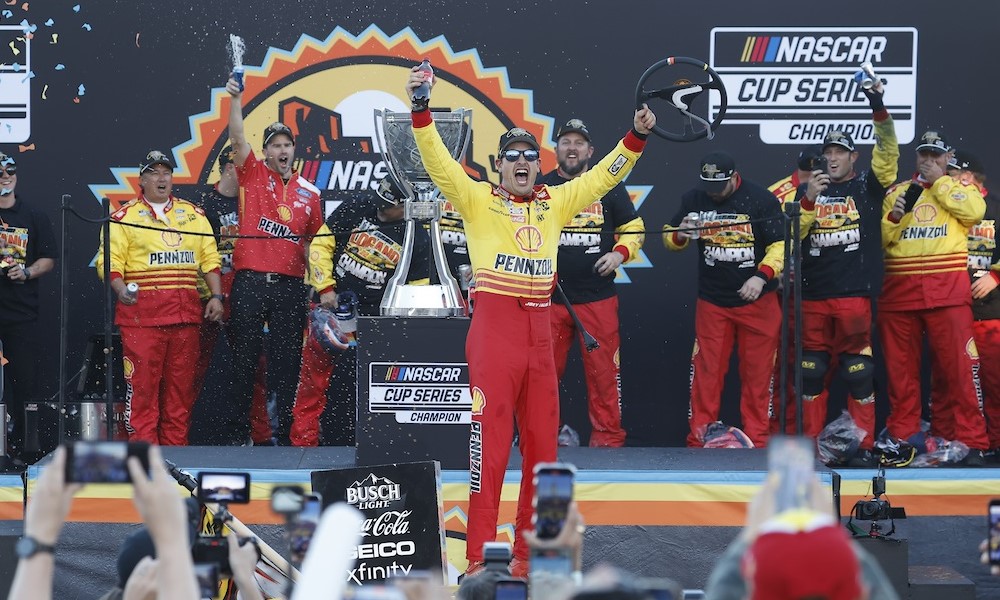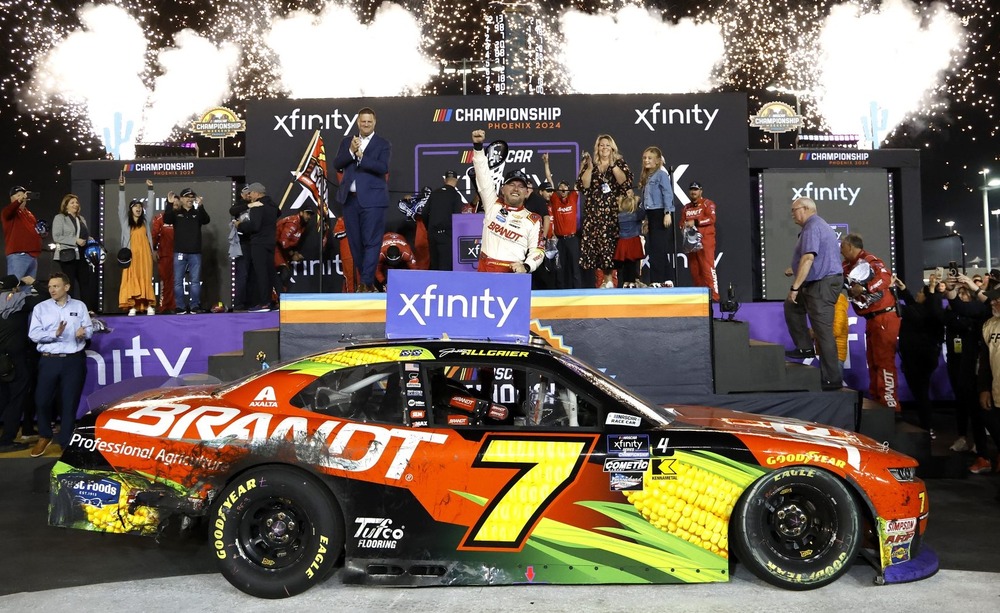As a result of a number of fines and appeals from Cup Series teams, NASCAR has made a number of changes to its rulebook.
Recently, decisions involving Hendrick Motorsports and Kaulig Racing have focused attention on the appeals procedure. Now, the NASCAR RuleBook has just undergone a considerable overhaul.
NASCAR has revised the language in Section 10.5.2, according to a 6 April update. It now states that: “National Motorsports Appeals Panel and final appeal officer may not completely strike any element of an originally assessed penalty.”
Also Sections 11.10.1 and 11.10.2 Finding of Fact/Penalty Review are among the most significant rules that have undergone major changes.
The revised wording for section 11.20.1 is as follows: “If a Penalty is modified, it may be increased or decreased within the minimum and maximum Penalty ranges prescribed for the violation level as outlined in Section 10.5.2 Determination of Penalties.”
Recently, decisions involving Hendrick Motorsports and Kaulig Racing have brought the appeals procedure to the fore. The Rule Book has recently undergone a considerable modification from NASCAR.
The original penalty may be adjusted by these parties, but only within a certain range. For instance, if NASCAR imposes a penalty with three components—a fine, a suspension, and a loss in points—the appeals panel cannot eliminate one component while preserving the others.
They have the option of reversing the entire penalty or reducing it by the specified range.
Let’s use the L2-Level penalties as an example, which were introduced prior to the 2022 Cup Series season. Point deductions ranging from 75 to 120, playoff point reductions of 10 to 25, the suspension of one or more crew members for four to six races, and fines ranging from $100,000 to $250,000 are all potential consequences for an L2 violation.
The appeals panel might reduce the penalty and loss of points while still concluding that the team had violated the rule if NASCAR had imposed a penalty that comprised a six-race suspension for two crew members, a $200,000 fine, and that penalty. 75 points, $100,000, and four races were simply too low for them to go.
Further Under section 11.20.1, it now reads: “The Final Appeals Office may not completely remove any element of the originally assessed Penalty provided in the Penalty Notice as outlined in Section 10.5.2 Determination of Penalties.
“Modifications to a Penalty are limited to the minimum and maximum ranges as listed in the Rule Book.”
“By way of example, if NASCAR assessed a Penalty that consisted of Points reductions, monetary fines, and suspension, all three elements of the originally assessed Penalty must remain, but the amount of each element could be adjusted within the minimum and maximum Penalty ranges.”
Last month, NASCAR fined all four Hendrick Motorsport teams for Phoenix Raceway’s modified hood louvers. The National Motorsports Appeals Panel, however, reversed the organization’s 100-point penalty last week.
The No. 31 car run by Kaulig Racing was fined for the same infringement. The National Motorsports Appeals Panel cut Kaulig Racing’s points penalty earlier this week from 100 to 75 points.
The rule book’s Section 11.29 was also revised. This clause grants NASCAR the authority to publicize the appeals panel’s ruling. It is standard practice to do this.
The addition of “the Appeals Panel/FAO justification for modifying or rescinding a Penalty” to the decision-publishing clause allows NASCAR to also disclose such information.
“I think we always have put the rules in place to be transparent and consistent across the board,” NASCAR COO Steve O’Donnell said on April 6.
“So our penalties have been consistent, we’ve issued consistent penalties. We were surprised, as I think a lot of the fans were in the ruling, particularly on the Hendrick [appeal] taking away all points.
“So we recognize that our system had a flaw. And if someone was found to have violated the rule, we’ve stated that we were all about a culture change in the garage with this new car, and points need to be part of any penalty going forward.”

